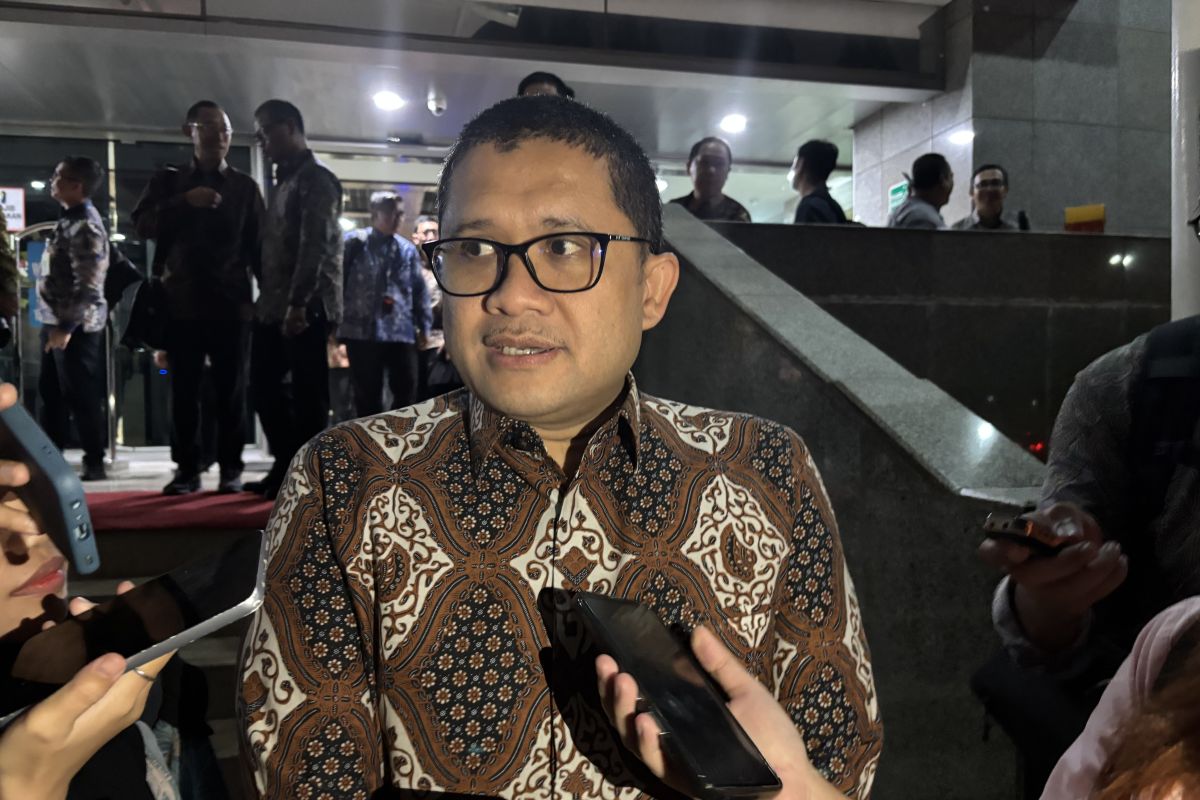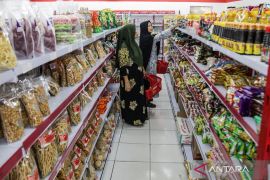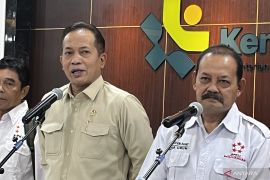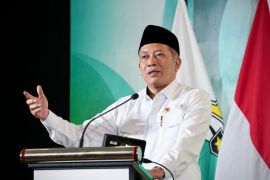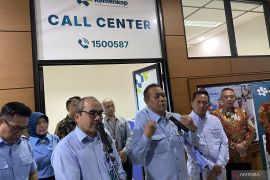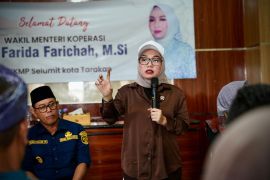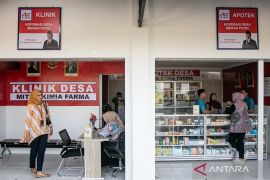Previously, the government allocated Rp16 trillion to the Association of State-Owned Banks (Himbara) to support Kopdes Merah Putih. That allocation will continue in 2026 with an additional Rp67 trillion, bringing total support for village cooperatives to Rp83 trillion.
“It will have a similar governance model, but essentially, we want to accelerate liquidity injection into the economy so that it can be channeled as credit to stimulate economic activity,” Febrio said after attending a meeting with Commission XI of the House of Representatives here on Wednesday.
According to him, with the planned allocation of up to Rp200 trillion, the government aims to cover a broader range of programs. The funds could come from excess budget balances (SAL) and surplus financing balances (SILPA), which are currently placed at Bank Indonesia.
However, the governance rules for the fund placement are still being prepared, including regulations that will serve as the legal framework for the policy.
“We still have liquidity that can be directed to banks, and it can be used for other innovative fiscal policy programs to boost growth. But for now, we are preparing the regulations,” he added.
He also stressed that the funds must not be used by banks to purchase government securities (SBN) or Bank Indonesia Rupiah Securities (SRBI).
“Of course, we do not want banks to use them to buy SBN, as that would be counterproductive. We are preparing the regulations for this,” he emphasized.
So far, the Finance Ministry is still assessing which banks will receive the funds, whether from Himbara or private banks, as well as the amount to be placed in each.
Earlier, Finance Minister Purbaya Yudhi Sadewa announced plans to withdraw Rp200 trillion of government funds from Bank Indonesia to help improve economic performance.
He noted that sluggish government spending had dried up liquidity in the financial system, hampering economic growth.
“I see our financial system is somewhat dry, which is why the economy has slowed. Over the past two years, people have struggled to find jobs and other opportunities due to policy missteps, both monetary and fiscal. I believe the Finance Ministry can play a role in addressing this,” Purbaya said.
He explained that government funds could be used to inject liquidity into banks to encourage more aggressive lending. At the same time, accelerating ministerial and institutional spending is also necessary to drive economic activity.
Related news: Indonesian govt to withdraw $12 billion from BI to boost economy
Related news: Minister blames slow spending, liquidity crunch for August unrest
Translator: Bayu Saputra, Primayanti
Editor: M Razi Rahman
Copyright © ANTARA 2025
